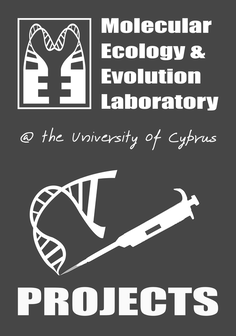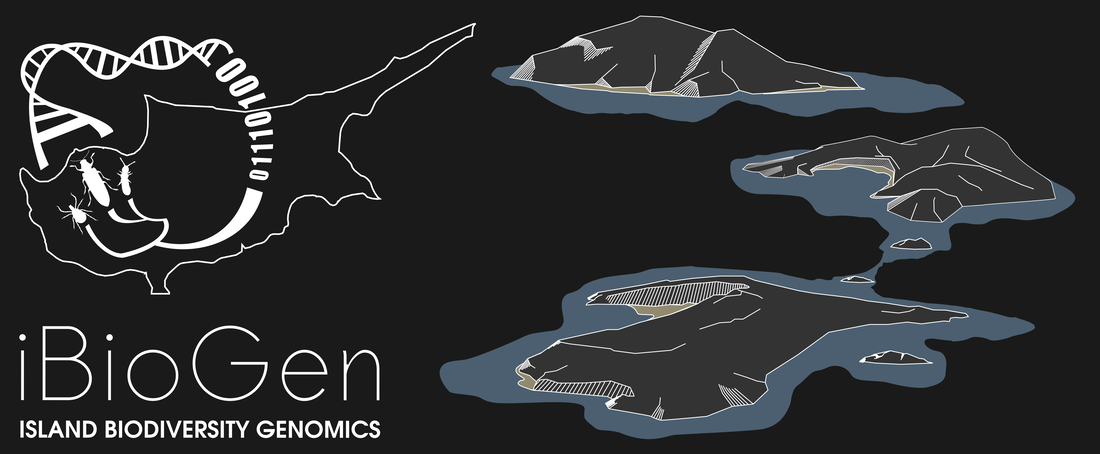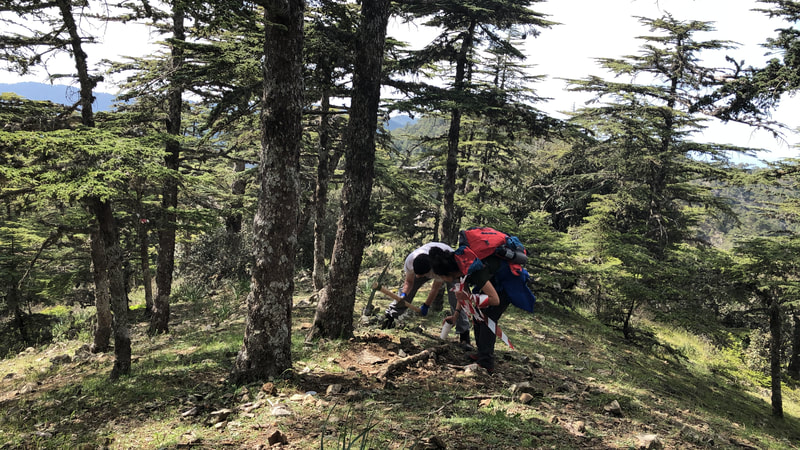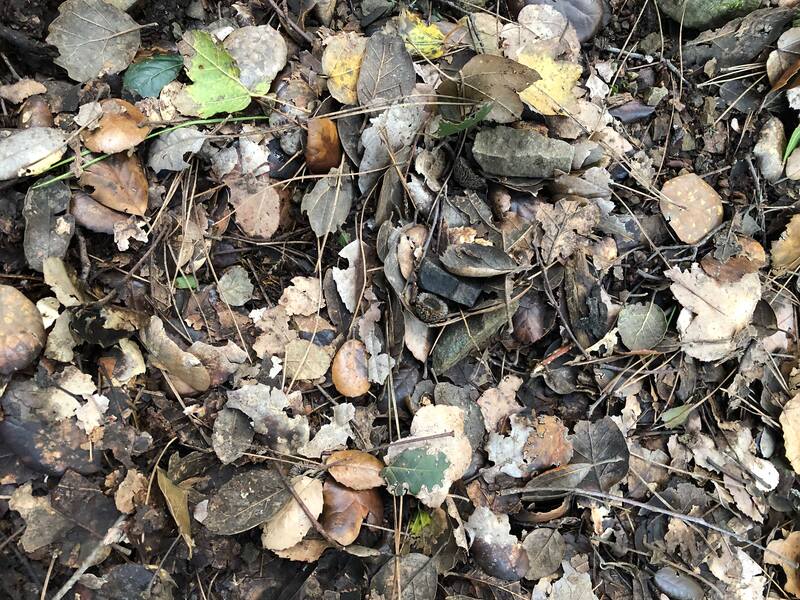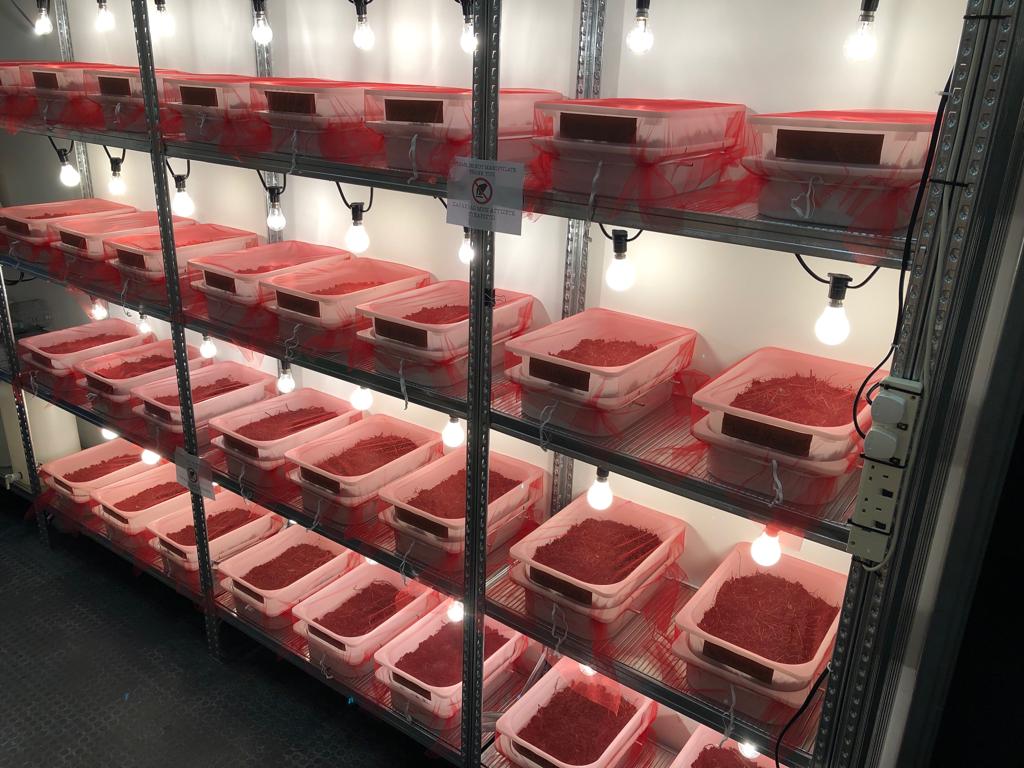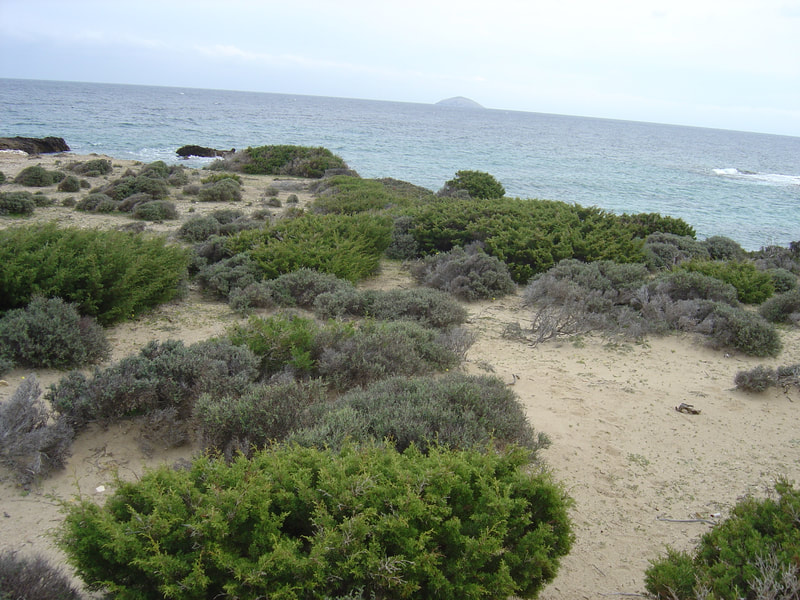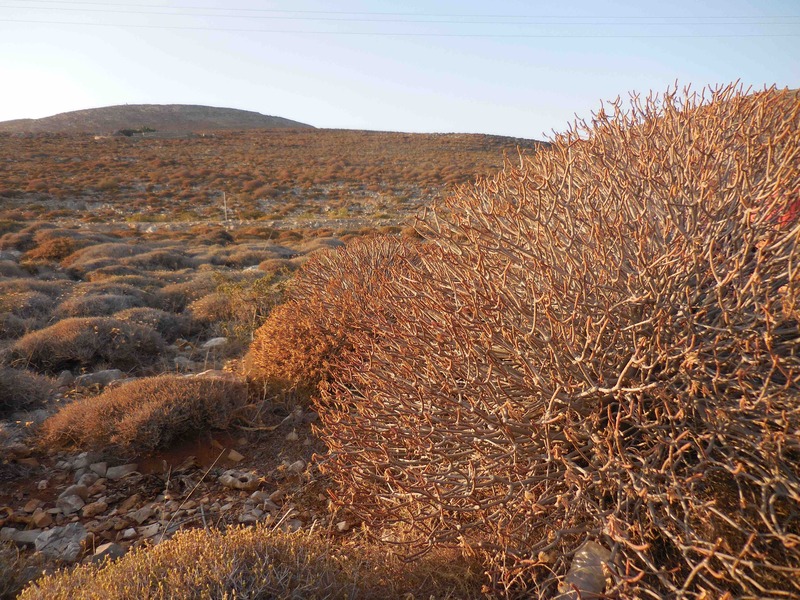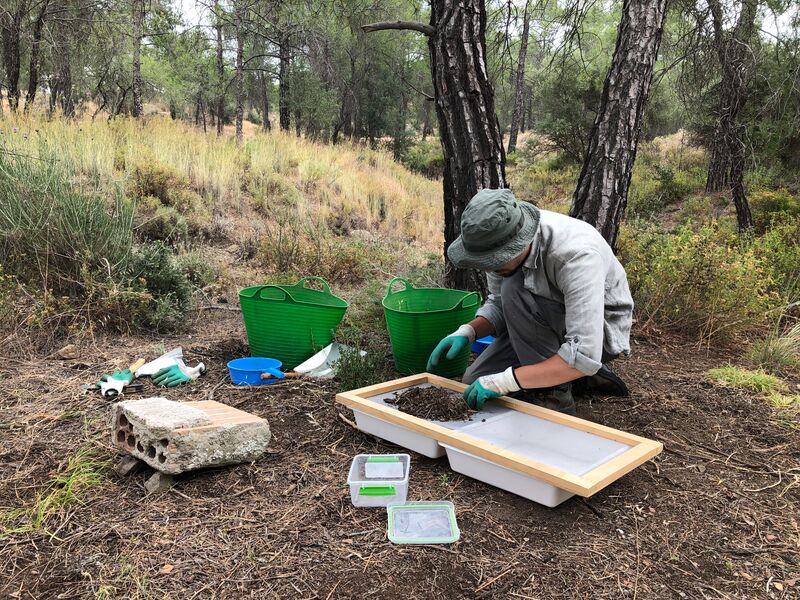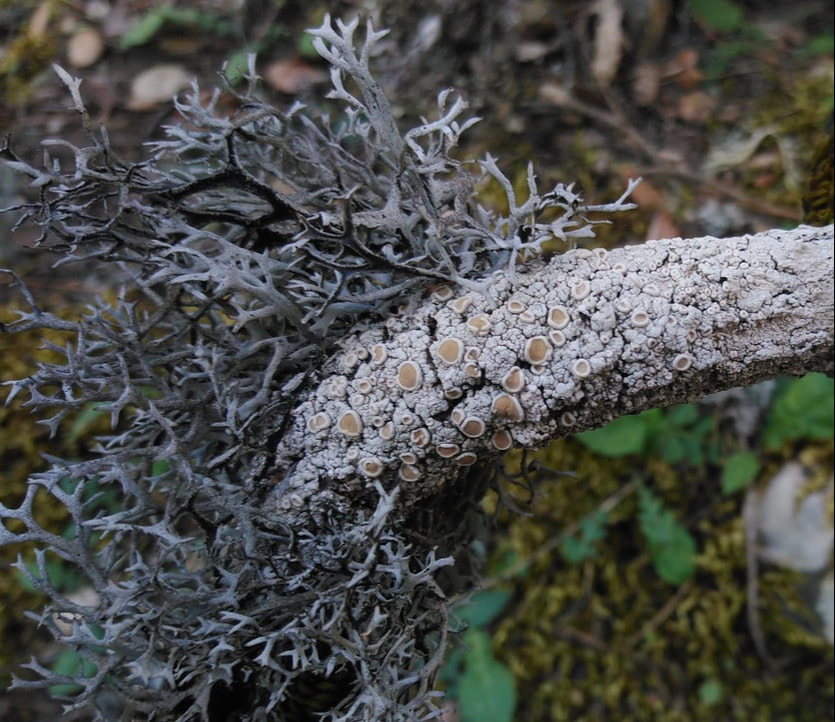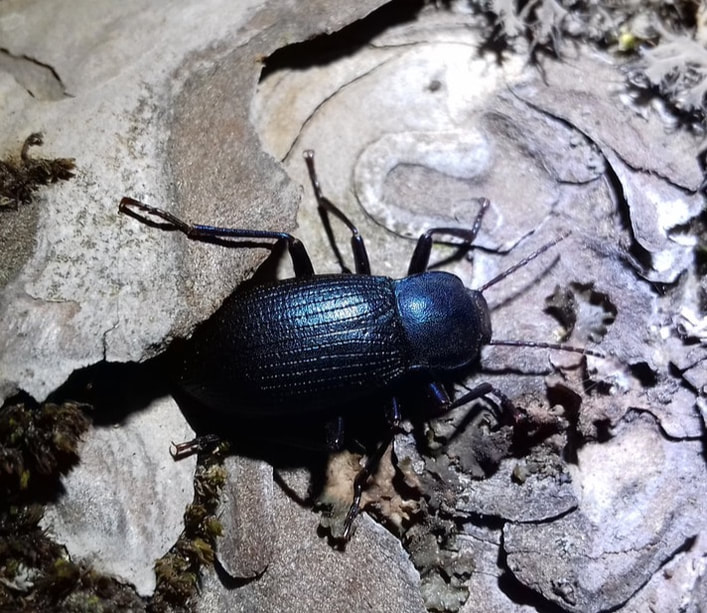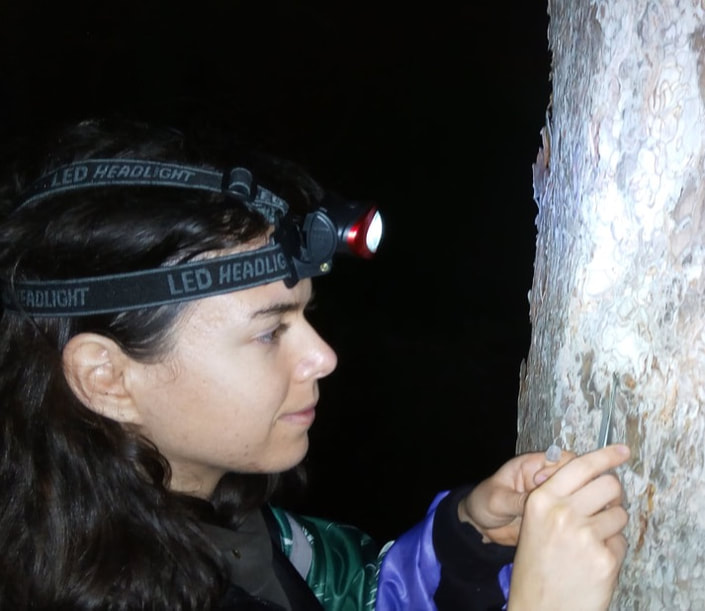the ibiogen project
iBioGen is an EU-funded (Horizon 2020) project, focused on island biodiversity genomics. This international initiative aims to unify protocols and applied methodologies across island systems, to improve coordination and collaboration among empirical and theoretical biologists, to bridge ecological and evolutionary perspectives to island biodiversity and to establish an EU island network of Genomic Observatories. Furthermore, the iBioGen consortium aims to stimulate research excellence in an island country (Cyprus), and promote it as a model system for integrating biodiversity genomics with conservation practice.
CYFORGEN: Unravelling THe soil biodiversity dynamics of cyprus montane forests
The forests of the Troodos mountain range in Cyprus harbour unique habitats with a high proportion of endemic species and offer invaluable ecosystem services. However, they have been heavily impacted by human activities since ancient times, with some of the endemic forest types being currently reduced to small and fragmented habitat patches. In addition, climate change is now threatening the forests of Troodos and could potentially drive highland species to extinction. Current monitoring efforts have focused on certain prominent groups but have overlooked the “hidden” biodiversity of below-ground organisms which is essential for sustainable ecosystem function. We are now applying a metagenetic approach to gain a comprehensive understanding of the functionally important and vulnerable component of soil arthropod biodiversity. We aim to provide insights into current and past dynamics of soil microarthropod communities across the main forest ecotypes of Troodos (Pinus brutia, Pinus nigra pallasiana, Quercus alnifolia, Cedrus brevifolia and Juniperus spp.).
EVOLHAB: EVALUATING the role of habitat INSTABILITY ON the evolutionary dynamics of insular lineages
EVOLHAB is funded by the Research and Innovation Foundation (RIF) of Cyprus. It aims to evaluate the role of habitat instability in the demographic history, lineage diversification and molecular evolution of insular lineages, using as a study system the soil-dwelling beetle genus Eutagenia (Coleoptera: Tenebrionidae), which is distributed widely in sandy (unstable) vs. compact-soil (stable) habitats across the Eastern Mediterranean. Some preliminary results based on genome-wide SNP data but limited geographic sampling, uncovered distinct demographic processes to prevail in each habitat, with strong population bottlenecks in the sand-obligate populations. In this project, we plan to explore further the effect of habitat persistence on demography and spatial genetic structure, by expanding our genome-wide sampling to multiple lineages and populations across two distinct island settings (the Aegean archipelago and Cyprus). Population genomic analyses will be combined with a phylogenomic approach, to evaluate whether the habitat-induced differences at the population level might be linked to distinct rates of lineage diversification and molecular evolution across the genome. Additionally, we will use haplotype-level DNA metabarcoding to characterize the genetic diversity patterns of entire sand-dwelling Coleoptera assemblages distributed across the sandy coasts of Cyprus and assess the effects of habitat instability within a comparative phylogeographic framework.
LICOMED: understanding The interactions between BEetles and LICHENS in MEDITERRANEAN forest Ecosystems of cyprus
LICOMED is a bilateral collaboration project between Cyprus and Russia, funded by the Research & Innovation Foundation (RIF) of Cyprus and the Russian Foundation for Basic Research. Through this project our team has developed a collaboration with Dr. Maxim Nabozhenko (Caspian Institute of Biological Resources), Dr. Lyudmila Gagarina (Botanical institute of the Russian Academy of Sciences) and Ivan Chigray (Zoological Institute of the Russian Academy of Sciences). LICOMED combines field observations, morphological identification and molecular analyses to elucidate the interactions between lichenophagous beetles and lichens in Mediterranean forest ecosystems of Cyprus. Specifically, we are studying the composition, trophic specialization and structure of lichenophagous beetle communities, as well as the potential role of beetles in the asexual reproduction of lichens. We are also planning to reconstruct the phylogenetic relationships of both the lichenophagous beetles and their host lichens and assess phylogenetic community structure (i.e., phylogenetic clustering vs. overdispersion) of the lichenophagous beetle communities, in order to distinguish between hypotheses of environmental filtering vs. competitive exclusion and identify phylogenetic constraints in host choice.
